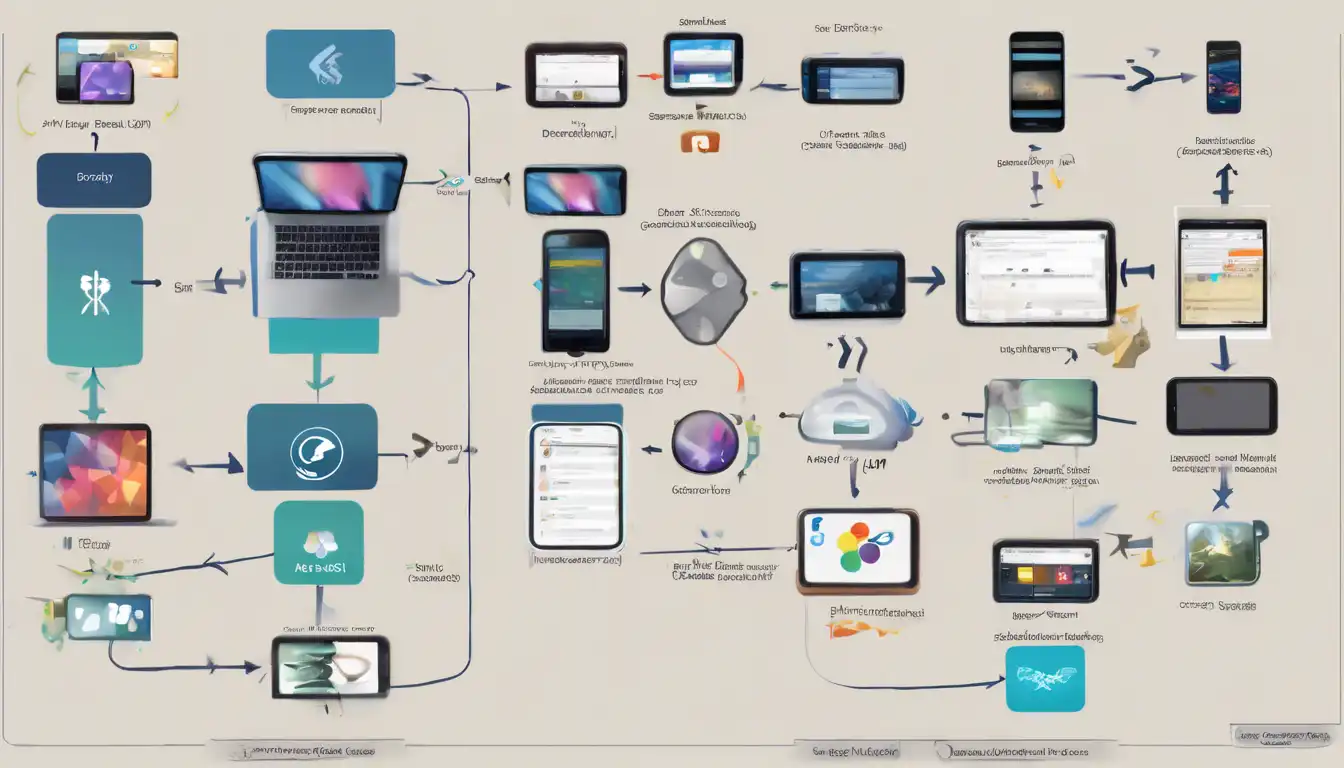Introduction to Cross-Platform Mobile Development
In today's fast-paced digital world, the demand for mobile applications is skyrocketing. Businesses and developers are constantly seeking efficient ways to build apps that run seamlessly across multiple platforms. Cross-platform mobile development tools have emerged as a game-changer, enabling developers to write code once and deploy it on both iOS and Android platforms. This article compares the top cross-platform mobile development tools, helping you choose the right one for your project.
Why Choose Cross-Platform Development?
Cross-platform development offers numerous benefits, including reduced development time, lower costs, and a unified codebase. It's an ideal choice for startups and enterprises looking to maximize their reach without compromising on quality. With the right tools, developers can create high-performance apps that provide a native-like experience.
Top Cross-Platform Mobile Development Tools
1. Flutter
Developed by Google, Flutter is a popular open-source framework for building natively compiled applications for mobile, web, and desktop from a single codebase. It's known for its fast development cycle, expressive UI, and native performance.
2. React Native
Created by Facebook, React Native allows developers to build mobile apps using JavaScript and React. It offers a rich ecosystem of libraries and tools, making it a favorite among developers for creating high-quality apps with a native feel.
3. Xamarin
Xamarin, a Microsoft-owned framework, enables developers to build apps using C# and .NET. It provides access to native APIs and tools, ensuring high performance and a native user experience.
4. Ionic
Ionic is a free and open-source framework for building cross-platform mobile applications with web technologies like HTML, CSS, and JavaScript. It's perfect for developers looking for a simple yet powerful tool to create beautiful apps.
Comparing the Tools
When choosing a cross-platform development tool, consider factors like performance, development speed, community support, and the learning curve. Flutter and React Native are leading the pack with their robust performance and extensive libraries. Xamarin is ideal for developers with a C# background, while Ionic is best suited for web developers venturing into mobile app development.
Conclusion
Selecting the right cross-platform mobile development tool depends on your project requirements, team expertise, and budget. Whether you opt for Flutter, React Native, Xamarin, or Ionic, each framework offers unique advantages to streamline your development process. By leveraging these tools, you can build high-quality, performant apps that cater to a wider audience.
For more insights on mobile development, check out our latest trends in mobile development.
